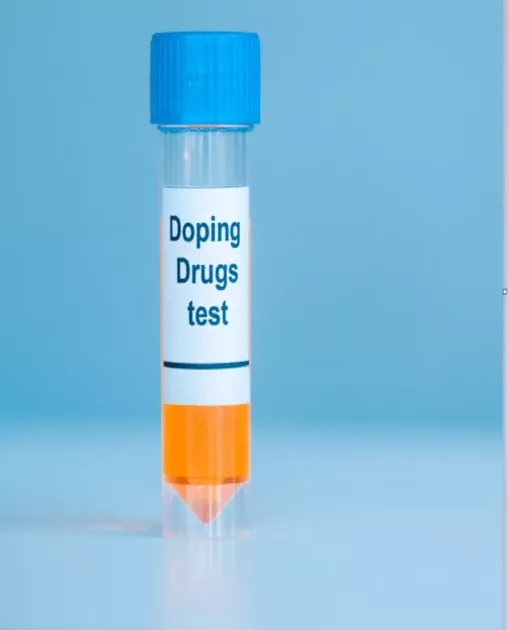Fentanyl is a type of strong synthetic opioid that mainly serves as a pain-relieving drug. However, it is hazardous when this drug gets combined with alcohol. Subsequently, this combination can result in coma, respiratory failure, irregular heartbeat, and death. There is a surging rise in Fentanyl abuse that is resulting in numerous overdoses and deaths.
Fentanyl is usually prescribed in the form of tablets or patches. But most of the local supplies of Fentanyl are illegal. This drug creates a feeling of euphoria among the consumers and therefore is extremely addictive. It is stronger and more addictive than Heroin and Morphine.
How does Fentanyl function?
The core function of Fentanyl is to reduce or numb pain. When a Fentanyl dose is injected or inserted into the human system few of its opioid receptors get activated. These receptors then influence the part of the brain which is associated with pain as well as emotion. While interacting with the pain receptors, Fentanyl also assists in the release of dopamine from specific brain cells. Hence, this dopamine release has the potential threat to increase Fentanyl abuse.
What is the duration of Fentanyl in a human system?
Fentanyl impacts can be traced in the human system for a few hours only. However, it stays in there longer than its effects. This can be traced down by various drug tests. To detect Fentanyl in a human system certain drug tests are conducted which include urine, blood, and hair tests. In urine drug tests an individual can be tested positive if the last consumption of Fentanyl was around 24 to 72 hours. After the urine test, the most popular test to detect Fentanyl is the blood test. Blood tests can only detect Fentanyl if it was consumed within 5 to 48 hours. However, hair tests can track Fentanyl consumption that took place 3 months ago. The saliva test is famous and is conducted to trace the consumption of certain drugs. Nevertheless, in the case of Fentanyl, a saliva test can not detect anything.
What are the signs of a Fentanyl reaction?
There are a few symptoms of a Fentanyl overdose one must know. These symptoms have been enlisted below:-
- Nausea
- Vomiting
- Constipation
- Urinary retention
- Respiratory depression
- Drowsiness
- Dizziness
- Constricted pupils
What are the different symptoms of Fentanyl overdose?
The symptoms of Fentanyl overdose are very different from the Fentanyl reaction. Here are the core symptoms of Fentanyl overdose:-
- Seizures
- Cold Skin
- Stupor
- Loss of senses
- Bluish lip and skin
- Slow breath
- Constricted pupils
- Coma
Overdose of Fentanyl is extremely harmful and if combined with alcohol it can have lethal consequences.
Ways of reversing a Fentanyl overdose
A Fentanyl overdose can be reversed with the help an antidote called Naloxone. It is available in the form of nasal spray as well as intravascular injection. An individual who is suffering from a Fentanyl overdose needs professional assistance to administer Naloxone.
The kind of urine drug tests that can detect Fentanyl
Rapid urine test strips can detect the presence of Fentanyl among young adults. These rapid tests are designed specifically for single use. It can detect Fentanyl at a level of 20 ml. This test is a rapid test and will show either a positive result or a negative result. The result of a rapid test is quite accurate and liable.
Why choose Affordable Rapid Testing for a rapid Fentanyl test?
Affordable Rapid Testing in Phoenix, Arizona, offers immediate rapid Fentanyl drug tests. You can either pre-schedule an appointment for a urine drug test or can simply walk in for a test. To know more about Affordable Rapid Testing, you can check out their official website today.


